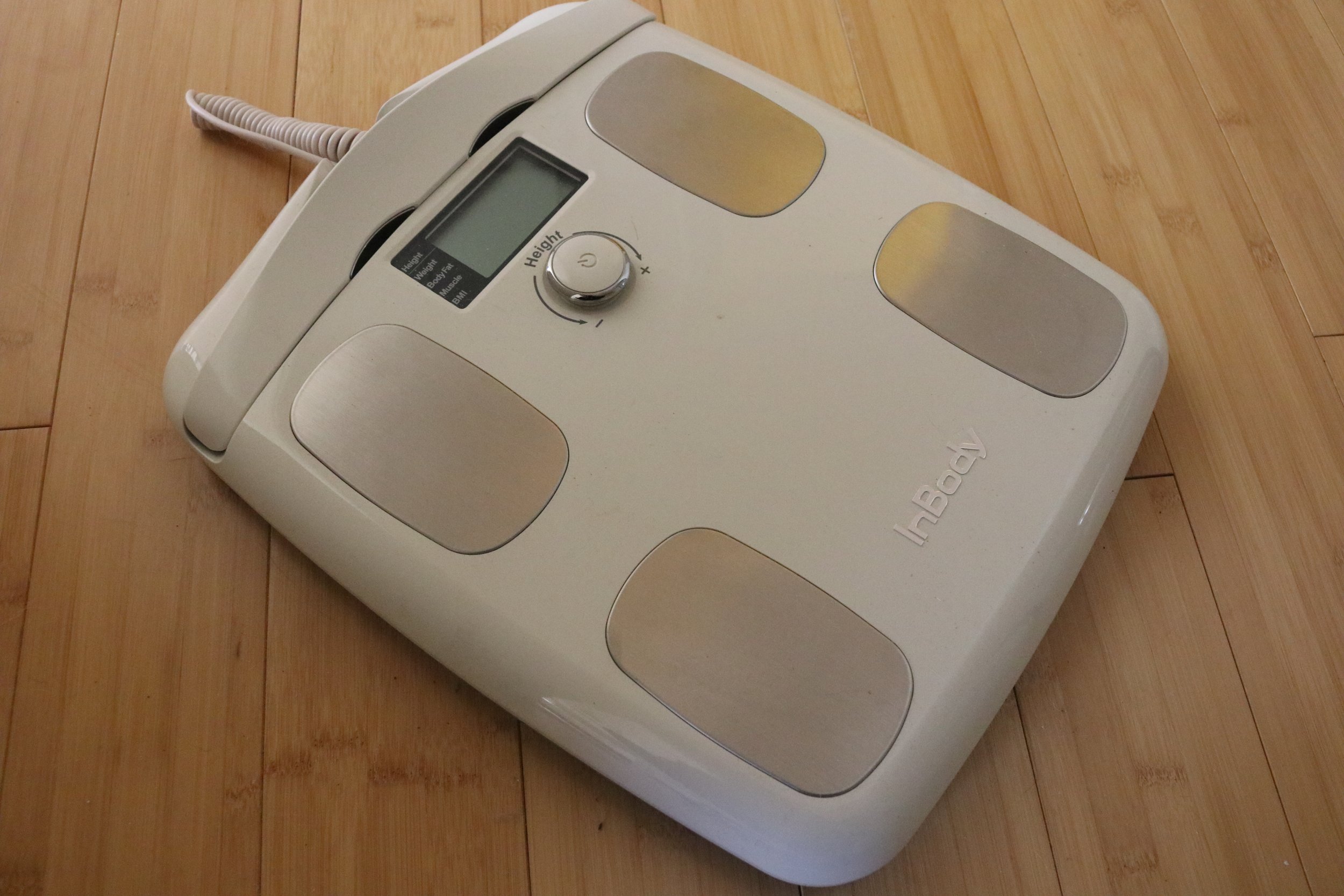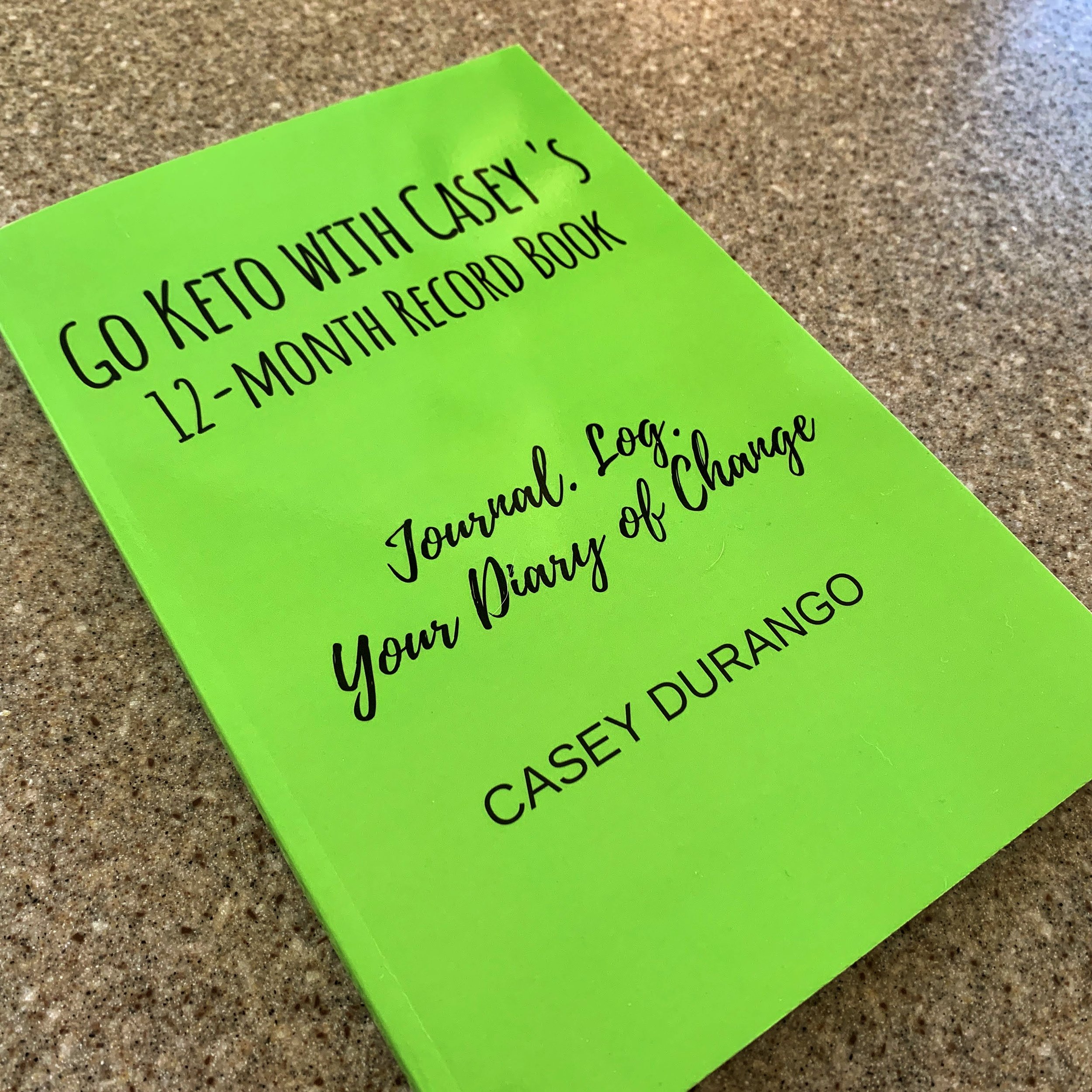Keto and Analysis Paralysis
/All the noise, noise, NOISE!! Make it stop!! (Oh, the humanity!) 😱
I'm reading Malcolm Gladwell's "Blink," a book about how quick, almost knee-jerk reactions and decisions are often the best ones to make and that sometimes more information leads us to poorer decisions than if we kept things simple. Some of the examples he provides—ranging from war games to antiquities authentications to buying jam in a farmer's market stall—explain how we can quickly get side-tracked by gathering ALL the information we can when a couple of salient facts are all that is needed. Sometimes more data or options distract us from what needs doing and which choices are best.
I read books on many topics, and this one has nothing to do with nutrition or eating habits. But I realized how the examples and studies Mr. Gladwell cites speak perfectly to some things I notice when talking to people when they start the ketogenic protocol. While keto is simple, many of us clutter things up by seeking information, suggestions, and input from as many sources as possible. Some people insist they "must understand how it all works" before implementing a change in their diet, or their life, for that matter. This attitude has always seemed like a stalling tactic. I don't know how my tv control works. I just need to know which buttons to press to get results.
Anywho, the problem with all that fact-finding is that (1) some people in the keto-sphere aren't providing facts. They say the opposite of what is true trying to sell something, and (2) we can become overwhelmed by too many voices and too much noise.
The protocol is straightforward: Keep your carbohydrate intake to 20/g per day or fewer (that's total carbs, not net carbs); if it's not on Page 4, don't eat it (but a list isn't necessary: eat fatty sources of protein, limited amounts of non-starchy vegetables and limited amounts of full-fat dairy); don't eat if you're not hungry; stop eating when satiated.
That's it.
Some recommend micro-managing how many grams of protein and fat to consume (I never have), will insist on restricting the time of day to eat (I don't), and that percentages of macronutrients must be monitored and regulated (nope). Oh, and if you just buy their "keto" kit, meal plan, supplements, and shakes, you can succeed.
You do what works for you, but all that is tosh as far as I'm concerned.
Unfortunately, many people get confused by the drone of recommendations. Worse, some become demoralized. The constant buzz about keto can make us a bit crazy, like a virtual "Taos Hum," planting conflicting advice in our ears:
"Eat at least 200 grams of fat every day! You must eat fat to burn fat!" (false)
"At least 7 cups of leafy greens every day or your liver will suffer" (ditto: false)
"Eat anything you want as long as you combine raw protein, cooked grains, bee pollen, and kombucha at noon every day!" (Ok, I made that one up, but don't be surprised if you hear it.)
When faced with too many choices, we sometimes default to the easy one: doing nothing—limiting our sources to a few rather than a lot may serve us better. Doing something to improve our health and lives and simply feeling more in control is preferable to the status quo.
Take a break from the Keto Cacophony. Keep things simple. And, like my mugs and shirts read: "Lay off the Carbs and Lay off the Excuses."
(BTW, I won't ever shill food products, supplements, or such, but I'll sell you a mug all day long! 😉)













